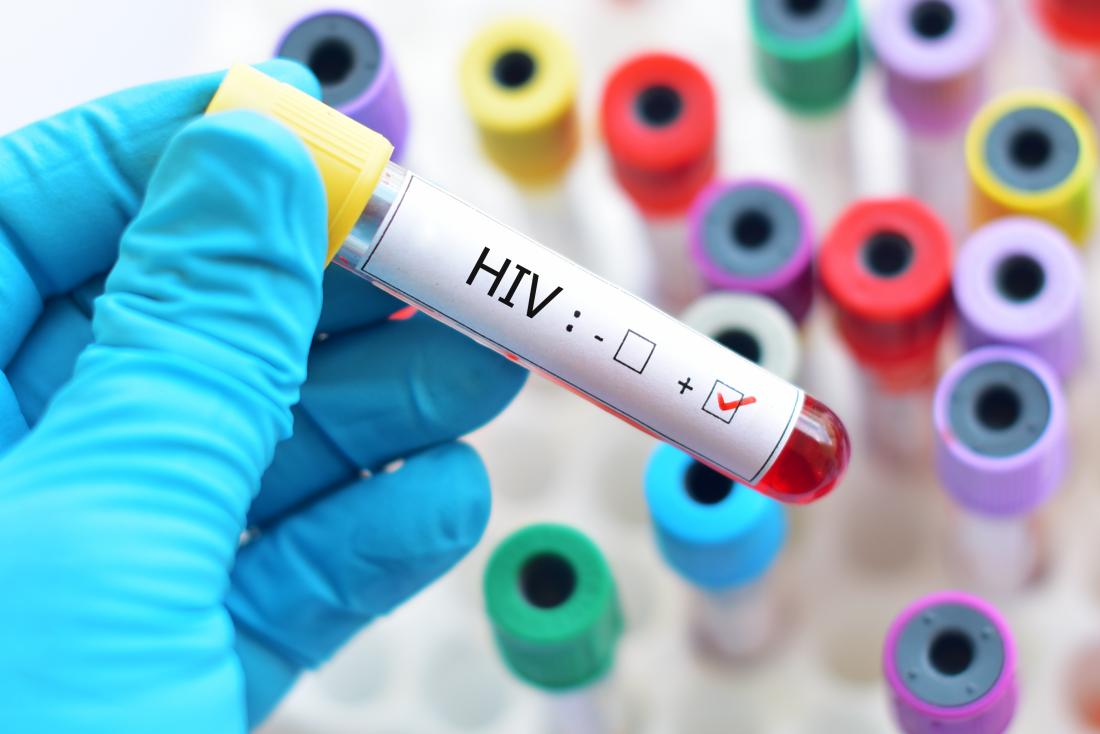Health
FEC Approves ₦4.8 Billion for HIV Treatment Across Nigeria

The Federal Executive Council (FEC) has approved ₦4.8 billion to enhance HIV treatment programs nationwide, aiming to improve healthcare access and patient outcomes.
President Bola Ahmed Tinubu has urged the Federal High Court in Abuja to reject a lawsuit demanding that the National Assembly initiate impeachment proceedings against him due to alleged human rights violations.
Legal practitioner Mr. Olukoya Ogungbeje filed the case designated as FHC/ABJ/CS/1334/2024. The plaintiff contends that the President’s administration has persistently repressed peaceful protests organized by Nigerian citizens, which he argues amounts to an impeachable offense.
Alongside President Tinubu, Prince Lateef Fagbemi, SAN, who serves as the Attorney-General of the Federation and Minister of Justice, is named as the second defendant in the suit.
In a report published online by The Vanguard on Monday, the plaintiff claimed that between August 1 and 10, 2024, the government had forcefully suppressed peaceful protesters nationwide. He argued that this action amounted to misconduct and provided grounds for Tinubu’s impeachment from office.
The plaintiff argued that section 143 of the amended 1999 Constitution gave authority to the National Assembly to initiate proceedings for President Tinubu’s impeachment.
In a joint preliminary objection to the suit, both President Tinubu and the Attorney General of the Federation challenged whether the plaintiff had the legal standing (locus standi) to bring forth this action.
In addition to requesting the court to dismiss the suit due to its incompetence, the defendants argued that the action did not reveal a reasonable cause of action that would justify an exercise of judicial discretion in his favor.
During the process, a team of lawyers led by Mr. Sanusi Musa, SAN; President Tinubu; and the Attorney General of the Federation contested the court’s jurisdiction to hear the case.
The defendants requested an order to dismiss this suit on the grounds of incompetence, arguing it was not initiated through the proper legal procedures and followed an incorrect process.
Presenting 18 reasons for the case’s termination, President Tinubu and the Attorney General of the Federation contended that the plaintiff initiated legal action on behalf of unidentified citizens. They emphasized that he failed to disclose whose rights were purportedly violated.
The defendants contended that, according to Section 46 of the amended 1999 Constitution, only the individual whose rights have been violated is entitled to initiate legal proceedings in court for redress.
The defendants state that, under Section 46 (3), the Chief Justice of Nigeria established the Fundamental Rights (Enforcement Procedure) Rules, 2009. These rules provide detailed procedures for filing actions concerning breaches of any Nigerian’s fundamental rights.
They contended that the plaintiff’s second and third questions for determination pertained to an alleged breach of the 1999 Constitution by President Tinubu, specifically in relation to Section 143 of that constitution.
The defendants argued that the plaintiff did not reveal any of his rights that had been violated.
Similarly, in a counter affidavit provided by Gbemga Oladimeji, a principal state counsel at the Federal Ministry of Justice, he stated that contrary to the plaintiff’s assertion, President Tinubu’s administration has actively promoted democratic principles.
He claimed that the president consistently permitted people to express their grievances and hold peaceful protests.
Justice James Omotosho postponed the case on Monday, rescheduling it for March 4. This allows time for Mr. Stanley Okonmah, the plaintiff’s counsel, to address President Tinubu and the AGF’s preliminary objection.
